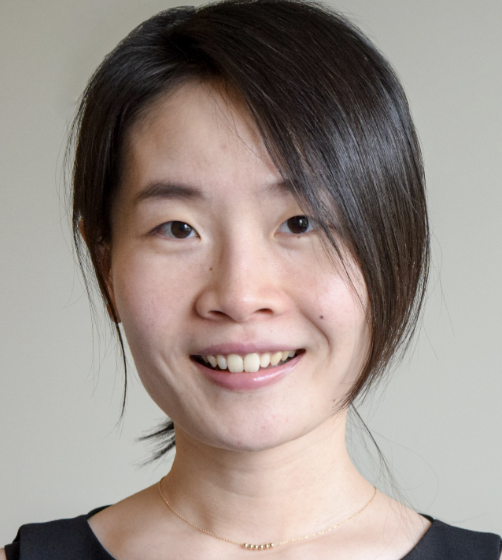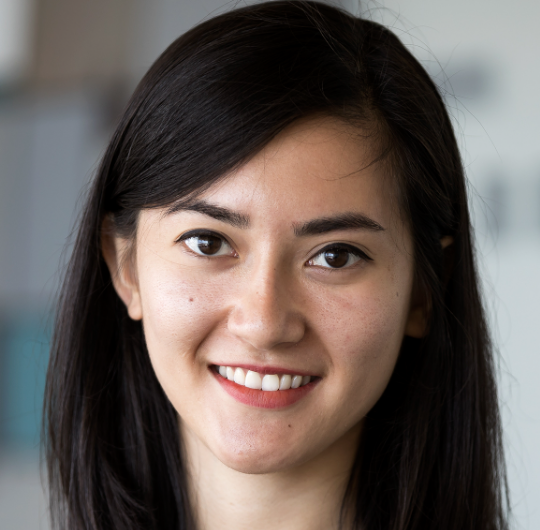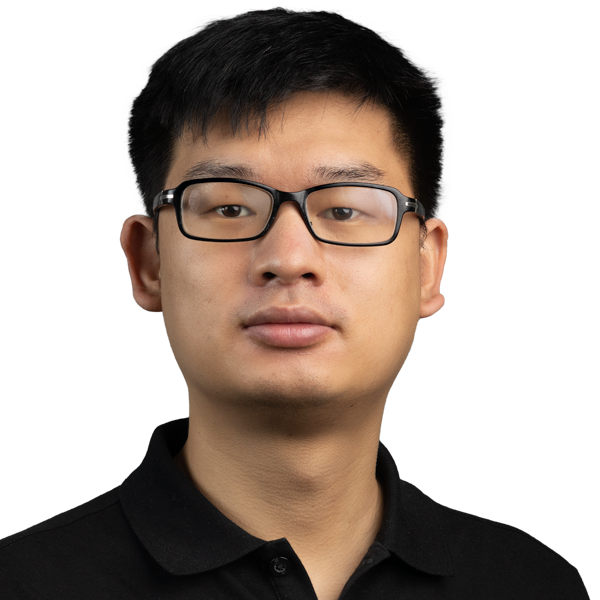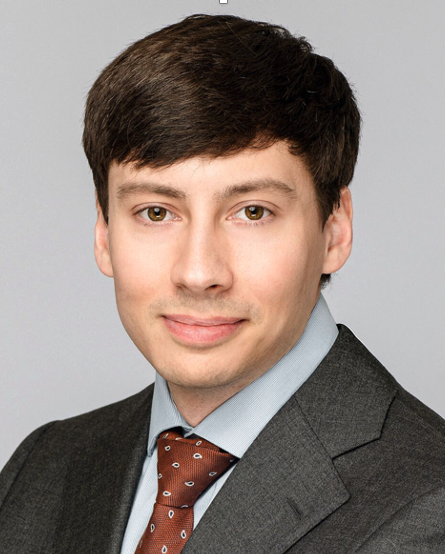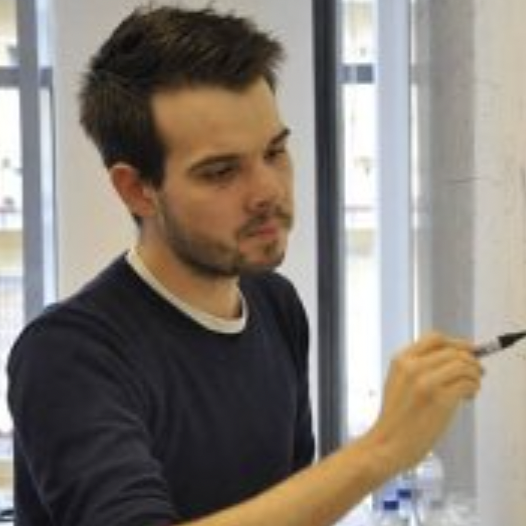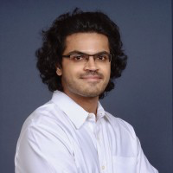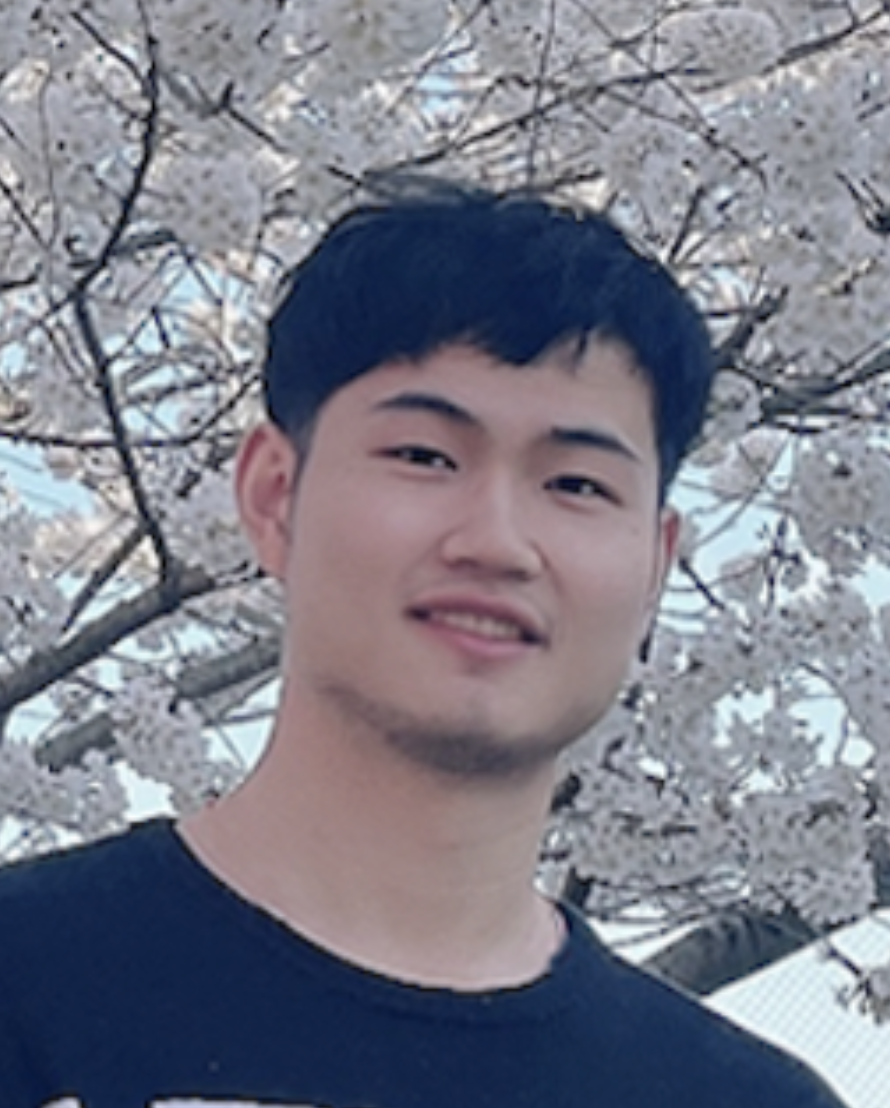Workshop Tentative Program. (Local time EST in Orlando, FL at ICDM'22).
Morning Session (EST)
09:00 - 09:10 Welcome and Opening Remarks09:10 - 10:00 Keynote presentation 1 - Yue Ning
10:00 - 10:30 Break
10:30 - 11:15 Keynote presentation 2 - Hanghang Tong
11:15 - 12:00 Keynote presentation 3 - Tara Safavi
12:00 - 13:00 Lunch break
13:00 - 13:15 Contributing paper - Representing Social Networks as Dynamic Heterogeneous Graphs
13:15 - 13:30 Contributing paper - LSP: Acceleration of Graph Neural Networks via Locality Sensitive Pruning of Graphs
13:30 - 14:15 Keynote presentation 4 - Bryan Perozzi
14:15 - 15:00 Keynote presentation 5 - Tong Zhao
15:00 - 15:30 Break
15:30 - 16:15 Keynote presentation 6 - Vagelis Papalexakis
16:15 - 16:30 Contributing paper - EnD: Enhanced Dedensification for Graph Compressing and Embedding
16:30 - 16:45 Contributing paper - Demystify Degree-related Bias in Link Prediction
16:45 - 17:00 Closing Remarks
